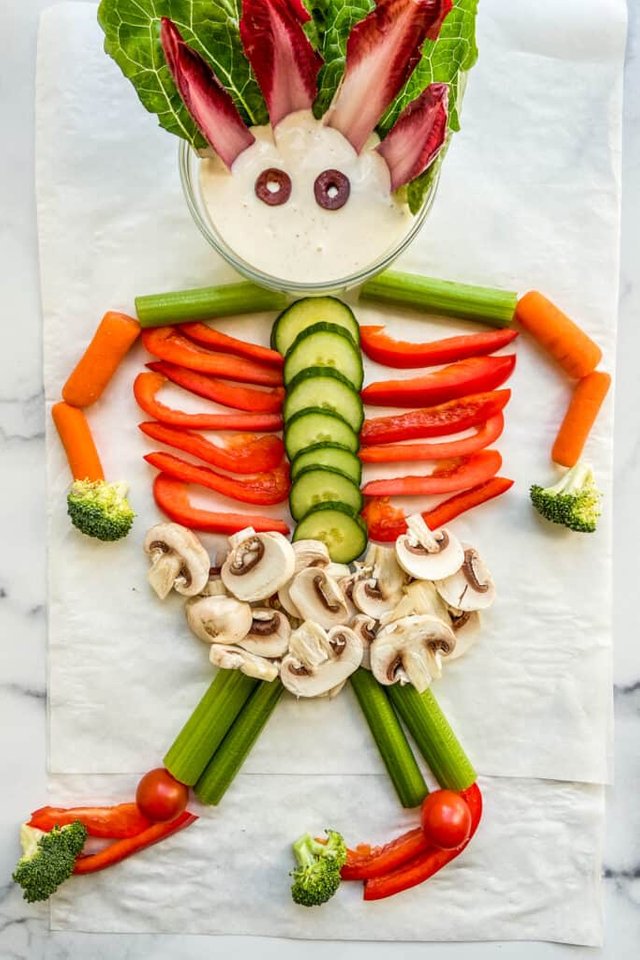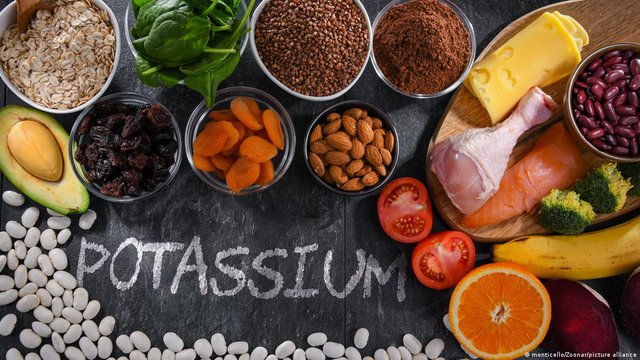
Introduction:
A strong and healthy skeleton is crucial for overall well-being and mobility. Proper nutrition plays a pivotal role in maintaining and improving bone health. This article outlines ten key points about healthy foods that can contribute to a robust human skeletal system.
Calcium-rich Foods:
Calcium is the primary mineral responsible for bone density and strength. Consuming calcium-rich foods such as dairy products (milk, yogurt, cheese), leafy greens (kale, broccoli), and fortified plant-based alternatives (soy milk, almond milk) can help fortify bones, reducing the risk of fractures and osteoporosis.
Vitamin D for Absorption:
Vitamin D is essential for the proper absorption of calcium. Exposure to sunlight is an excellent natural source of vitamin D, and consuming foods like fatty fish (salmon, mackerel), egg yolks, and fortified cereals can also contribute to maintaining adequate vitamin D levels.
Magnesium for Bone Integrity:
Magnesium aids in converting vitamin D into its active form, which, in turn, promotes calcium absorption. Including magnesium-rich foods like nuts (almonds, cashews), seeds (pumpkin, sunflower), whole grains, and legumes supports bone health.
Vitamin K for Bone Density:
Vitamin K plays a vital role in bone formation and helps maintain bone density. Leafy green vegetables (spinach, kale), broccoli, Brussels sprouts, and fermented foods like sauerkraut are excellent sources of vitamin K.
Phosphorus for Bone Structure:
Phosphorus is another essential mineral found in bones, contributing to their structure and strength. It can be obtained from sources such as lean meats, poultry, fish, dairy products, and nuts.
Protein for Bone Maintenance:
Adequate protein intake is vital for the maintenance and repair of bone tissue. Including lean meats, poultry, fish, legumes, tofu, and dairy products in the diet can supply the necessary proteins for bone health.
Potassium for Bone Preservation:

Potassium helps neutralize acids that can leach calcium from bones. Foods rich in potassium, such as bananas, oranges, potatoes, and beans, can contribute to preserving bone mass.
Reduce Sodium Intake:
High sodium intake can lead to calcium loss through urine, weakening bones over time. Minimize processed and salty foods, and opt for fresh ingredients to maintain better bone health.
Avoid Excessive Caffeine and Alcohol:
Excessive caffeine and alcohol consumption can interfere with calcium absorption and increase calcium excretion. Moderation is key, and choosing calcium-fortified beverages can help offset some of these effects.
Balance and Variety:
Maintaining a balanced and varied diet is essential for overall health, including bone health. Emphasize whole foods, fresh fruits, vegetables, and a mix of protein sources to ensure a broad spectrum of essential nutrients.
Conclusion:
Prioritizing healthy food choices that support bone health is crucial for maintaining a strong and resilient skeletal system. Adequate intake of calcium, vitamin D, magnesium, vitamin K, and other vital nutrients ensures that bones remain dense and robust, reducing the risk of fractures and osteoporosis in the long run. By embracing a balanced and diverse diet, individuals can take proactive steps to promote their bone health and overall well-being.